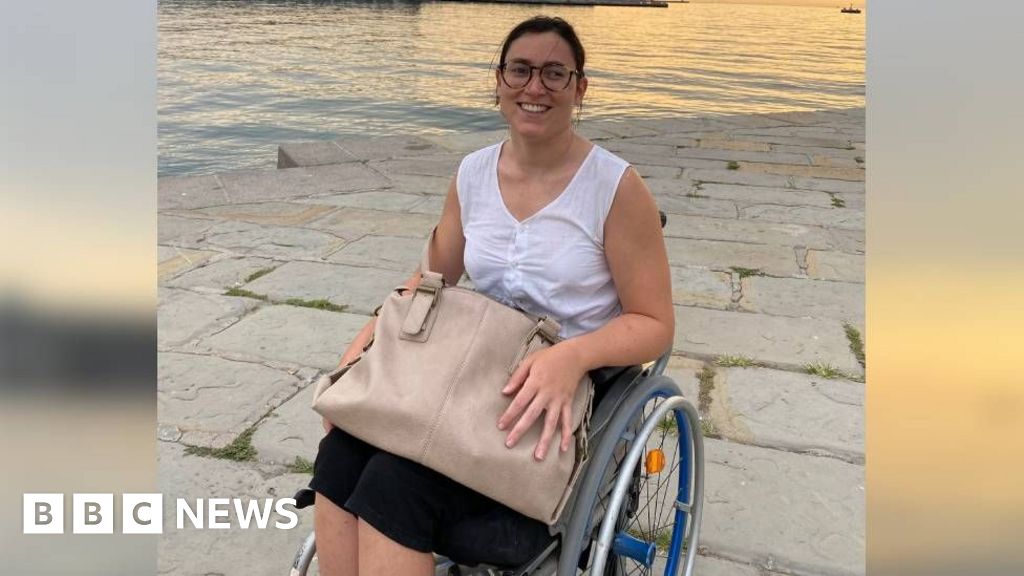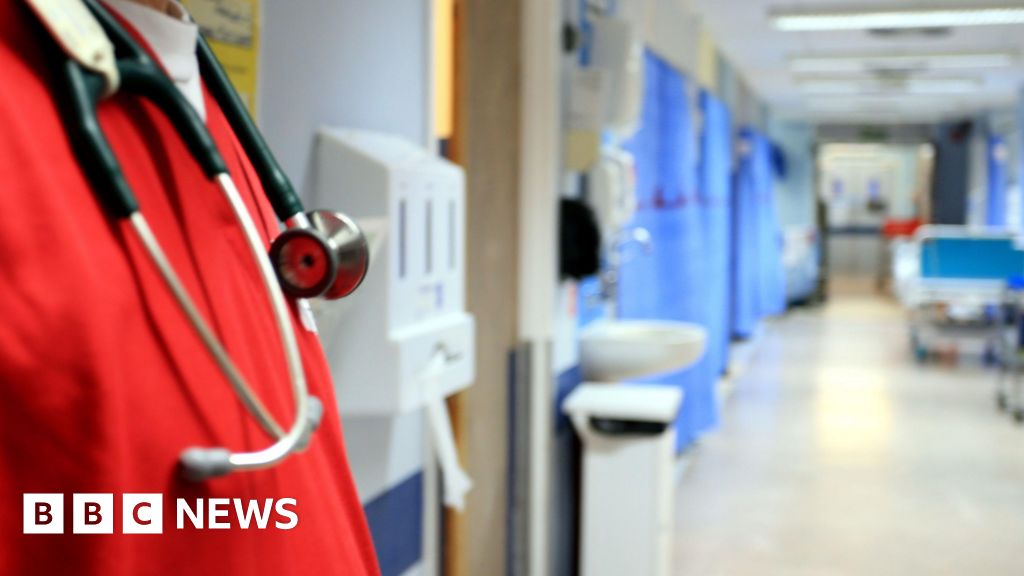
 Getty Images
Getty Images
The government has been warned it must come up with a plan to fix the NHS, amid mounting concern about the lack of progress in cutting long waits.
Latest figures for England show the backlog in hospital care has risen slightly and targets to cut the longest waits look set to be missed. Accident-and-emergency (A&E) and cancer-care performance is also well below target.
And with winter looming, experts have said the government must use the Budget, on 30 October, to demonstrate its commitment to the NHS.
But with just weeks to go, wrangling over NHS funding for winter and the 2025-26 financial year is continuing between the Department of Health and Social Care and the Treasury.
This funding announcement will be followed by a 10-year plan for the NHS, in the spring, along with long-term spending promises for 2026-27 onwards.
But doctors and health experts said the NHS could not afford to wait.
At the end of August, the waiting list for hospital treatment stood at 7.64 million – down from the peak of 7.77 million, last year, but higher than earlier in the summer and spring.
'Uphill battle'
Prof Frank Smith, of the Royal College of Surgeons of England, said there had been too little progress on tackling long waits, with a target to eliminate those of over 65 weeks, by September, looking “very hard to achieve”.
“If the new government wants to show it is serious about meeting its pledge to cut waiting times, it must provide capital funding for NHS buildings and IT [information technology] in the autumn Budget, later this month," he said.
"With reports of broken lifts and flooded corridors in hospitals leading to cancelled operations, and surgeons telling us access to operating theatres remains an issue, cutting waits will remain an uphill battle without this investment.”
Siva Anandaciva, of the King’s Fund health think tank, agreed the Budget would be a crucial moment.
The NHS was approaching winter in “bad shape”, he said, with one in four people waiting longer in A&E than the target time of four hours.
“It is nearly a decade since the target was met," Mr Anandaciva said.
“The government has made its diagnosis that the NHS is broken - and now they must fix it.
"There have been reports the NHS will be put at the centre of the upcoming Budget - the proof will be in the pudding of how far the government are willing to go to support health and care services ahead of next year’s multi-year spending review.”
'Incredibly busy'
Royal College of Nursing executive director Patricia Marquis added: "Without intervention, the government's next 100 days will be defined by patients crammed into fire escapes, store cupboards and corridors.
“The government's long-term reforms to the NHS are necessary, but patients and nursing staff also need action in the here and now. Ministers must intervene.”
But Health Minister Karin Smyth said plans were already in place to help the NHS cope in the coming months, including making use of virtual wards – where patients with conditions such as heart problems and respiratory disease are given extra support in the community, to keep them out of hospital.
“This government is working at pace to radically reform the NHS through the 10-year plan, focusing on three big shifts - from analogue to digital, sickness to prevention and hospital to community - so the NHS can be there for us when we need it, once again,” she added.
NHS England medical director Prof Sir Stephen Powis said the health service was expecting “another incredibly busy winter” and urged people to come forward for their winter vaccines.
 (1).png)
 2 months ago
18
2 months ago
18













